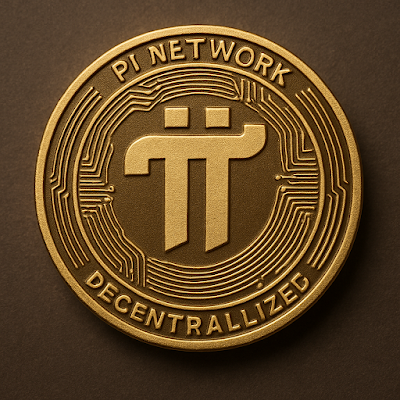Cryptocurrency: Currency of the Future or a Trap?
This question is highly relevant in today’s world, and the answer depends on the perspective you take.
---
🔍 Pros – The Currency of the Future
1. Decentralized System: It is more democratic and independent, as it is not controlled by any government or central bank.
2. Transparent and Secure Transactions: Blockchain technology ensures that transaction records are public and immutable.
3. Low-Cost Global Transfers: International money transfers become easier and cheaper.
4. Aligned with the Digital Economy: Cryptocurrencies play a vital role in emerging technologies like the Metaverse, NFTs, and Web 3.0.
---
⚠️ Cons – A Potential Trap
1. Extreme Volatility: A coin worth $50,000 today could drop to $30,000 tomorrow. This poses serious risks for investors.
2. Frauds and Scams: Many scam projects and Ponzi schemes are operating under the name of crypto.
3. Legal Uncertainty Due to Lack of Regulation: Many countries have not yet legalized it or have banned it altogether.
4. Environmental Concerns: Proof-of-work mining consumes massive electricity, negatively affecting the environment.
---
🧠 So, What’s the Conclusion?
Cryptocurrency is full of potential, but still surrounded by uncertainty.
It could be the future of money, but key challenges such as security, stability, and legal acceptance must be addressed first.
If used recklessly, it could be a trap; if used wisely, it could trigger a revolution.
---
🔑 Advice:
If you're interested in cryptocurrency, always proceed with caution—do your own research, assess the risks, and make informed decisions.






.png)
.jpeg)
.jpeg)



.jpeg)

